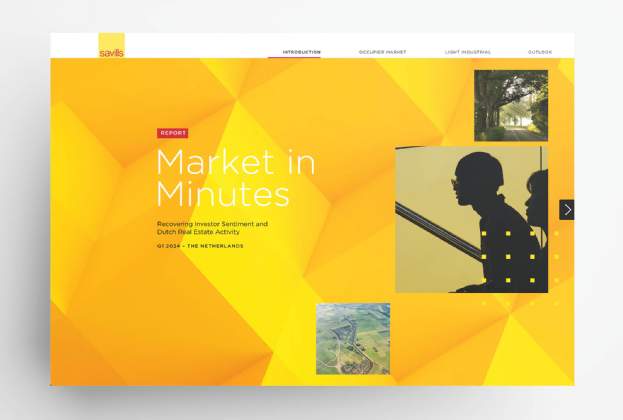While it is usually the landlord who suggests a turnover related rent when business is booming, it is often the tenant who proposes it to reduce costs when there’s a downturn.
One of the challenges is defining and measuring 'turnover'. Online orders that are picked up in a physical store are often not registered as the store’s turnover; the same may apply to orders that are placed in-store via digital booths. In addition, compliance with delivery of turnover data is not always as obvious as it seems. The fact that turnover rent is difficult to appreciate by a valuer is a further challenge.
For certain sectors, such as factory outlet centres, (partial) turnover rent is widely accepted. The earlier mentioned disadvantages mostly don’t apply. The collections cannot (or rather can no longer) be ordered online and tenants’ turnover is registered and monitored on a daily basis. The most important advantage is common interest. The better the centre performs, the more the tenant and the landlord benefit. This forces both parties to continue to invest in the quality of their product.
The so-called traffic related rent was another option considered when looking to find a flexible lease variant. In this case, the rent consists of a fee per shopping area visitor. The idea is that the landlord provides the visitor, while it is the tenant’s task to convert the visitor into a customer.
The concept has yet to prove its worth in practice. After all, it ignores the quality of the visitor. A class of schoolchildren, for example, is a more interesting target group for a fast-food restaurant than for a high-end furniture store.
In the Netherlands we are hardly seeing any special lease variants in response to Covid-19’s effects on the retail sector. Tailor-made solutions can mainly be found in the temporary suspension of rental obligation. In this scenario, there is a case-by-case analysis of how hard a party has been hit. This takes into account the industry within which the retailer operates, the size and history of the company and whether or not a store shutdown was mandatory.
.jpg)
.jpg)
.jpg)
.jpg)

.jpg)
.jpg)
.jpg)
.jpg)
.jpg)
